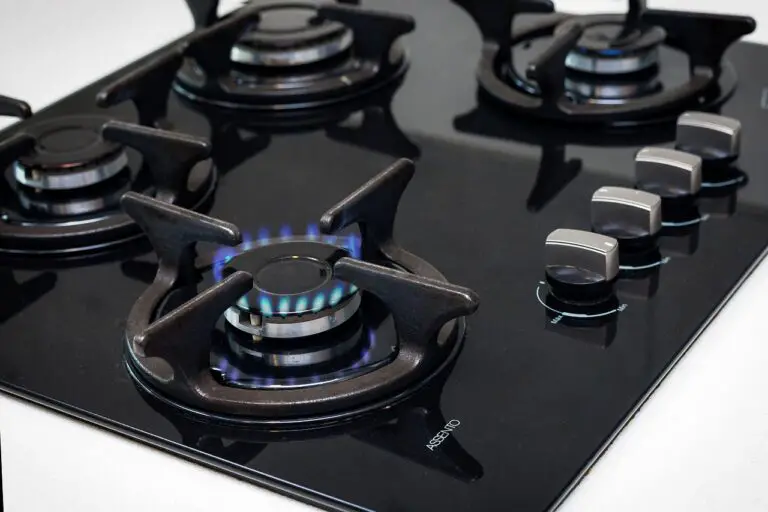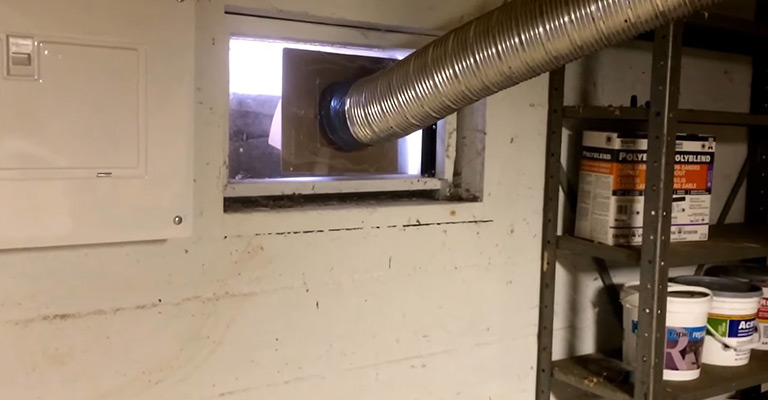Garbage Disposal Cleaner: The Guide for a Sparkling Fresh Kitchen
When it comes to maintaining a clean and hygienic kitchen, many of us often overlook one crucial component: the garbage disposal. This small kitchen appliance, designed to break down food scraps, often falls victim to buildup and unpleasant odors. And just like any other kitchen equipment, it deserves regular attention. Enter the world of garbage disposal cleaners. If you’ve ever questioned the importance or methods of maintaining this unsung hero, this article has got you covered.
Why Clean Your Garbage Disposal?
Just rinsing down the drain isn’t enough. With time, food particles, grease, and grime accumulate in the disposal blades and chambers. This not only affects the efficiency of your disposal unit but also becomes a breeding ground for bacteria. Here’s what can happen if left unchecked:
Unpleasant Odors
Decomposing food particles give out a foul smell.
Reduced Efficiency
Buildup hinders blade movement, affecting grinding action.
Potential Clogs
Large accumulations might cause blockages.
Bacterial Growth
Moist, food-rich environments attract harmful microorganisms.
Homemade Solutions: Natural Garbage Disposal Cleaners
Before delving into commercial solutions, let’s uncover some household ingredients that can do wonders:
Ice and Salt
Running a handful of ice cubes and coarse salt helps to sharpen the blades and dislodge any stubborn grime. The abrasive nature of the mixture cleans effectively.
Baking Soda & Vinegar
This dynamic duo effervesces on contact. Pour half a cup of baking soda followed by an equal amount of vinegar. Allow it to bubble for 10-15 minutes, then rinse with boiling water.
Citrus Peels
Lemon or orange peels not only eliminate odors but also have antibacterial properties. Ensure you chop them into small pieces to prevent jamming.
Commercial Garbage Disposal Cleaners
The market is flooded with cleaning solutions specifically crafted for garbage disposals. These typically contain powerful cleaning agents and are designed to foam or fizz, reaching every nook and cranny of the disposal. They often have a pleasant fragrance and antibacterial agents, ensuring deep cleaning.
When purchasing, ensure you:
- Check for non-toxic labels.
- Consider those with natural ingredients.
- Read user reviews for effectiveness.
Steps to Clean Your Garbage Disposal
1. Turn off the disposal and ensure safety
Before cleaning, always ensure the unit is switched off.
2. Apply the cleaner
Whether it’s a commercial solution or a DIY mix, apply it according to the given instructions.
3. Let it sit
Allow the cleaning agent to work its magic. Depending on what you’re using, this might range from a few minutes to overnight.
4. Rinse thoroughly
Activate the garbage disposal and let cold water run to rinse away the residues.
5. For deeper cleaning
You can use an old toothbrush or a garbage disposal brush. Just ensure the unit is turned off!
Regular Maintenance is Key
It’s easier to prevent buildup than to combat it. A weekly rinse with a mixture of baking soda and vinegar or tossing in citrus peels every few days can keep your unit in top shape. Furthermore, avoid disposing of grease or oil, and always run cold water when the unit is active.
Mistakes to Avoid When Cleaning Your Garbage Disposal
While keeping your garbage disposal spick and span is essential, it’s equally crucial to understand what not to do. Here are some common mistakes homeowners make:
Using Harsh Chemicals
Bleach or other chemical-based cleaners can corrode your garbage disposal’s metal parts. Stick to gentle, natural cleaners or products specifically designed for garbage disposals.
Not Running Water
Always run cold water before, during, and after using your garbage disposal. It helps flush down the debris and prevents the unit from overheating.
Ignoring Regular Maintenance
A once-a-year cleaning spree is not enough. Regular maintenance ensures the longevity of the unit and keeps foul odors at bay.
Disposing of Non-Food Items
Your garbage disposal is not a trash can. Avoid putting non-biodegradable items or hard substances that can dull or damage the blades.
The Environmental Aspect: Using Eco-friendly Products
An increasing number of consumers today are environmentally conscious and are turning towards eco-friendly cleaning solutions. This not only safeguards the garbage disposal but also ensures that the environment isn’t harmed by harsh chemicals going down the drain. Several brands offer green solutions.
Before purchasing, look for:
- Products that are biodegradable.
- Those with natural ingredients like enzymes to break down organic matter.
- Labels like ‘eco-friendly’, ‘green’, or ‘organic’.
Investing in a Quality Garbage Disposal
A clean garbage disposal starts with investing in a good quality unit. Consider factors like horsepower, grinding action, and build quality. Brands that prioritize easy cleaning and maintenance in their designs can be beneficial in the long run.
In Conclusion: A Cleaner Kitchen Awaits
In every household, a smelly garbage disposal can put a damper on an otherwise inviting kitchen. Many people instinctively run hot water through the kitchen sink, thinking it will do the trick. However, the true remedy lies in a holistic approach, using a robust garbage disposer cleaner. These solutions target stubborn food waste, ensuring that everything from small food particles to stubborn food residue is effectively addressed. And while dish soap can tackle grease, it might not always offer a deep clean for the intricate parts of a disposal system.
For a DIY approach, don’t underestimate the power of natural ingredients. Lemon peels, for instance, are fantastic for eliminating stinky odors and replacing them with a fresh scent, while coffee grounds can be used occasionally to absorb and scrub away stubborn odors. If you’re ever delving deep into the sink drain or checking the splash guard, always wear rubber gloves to ensure safety. By embracing both commercial and natural cleaners, you can ensure that your kitchen remains a haven, free from unwanted odors and inefficient disposal operations.





